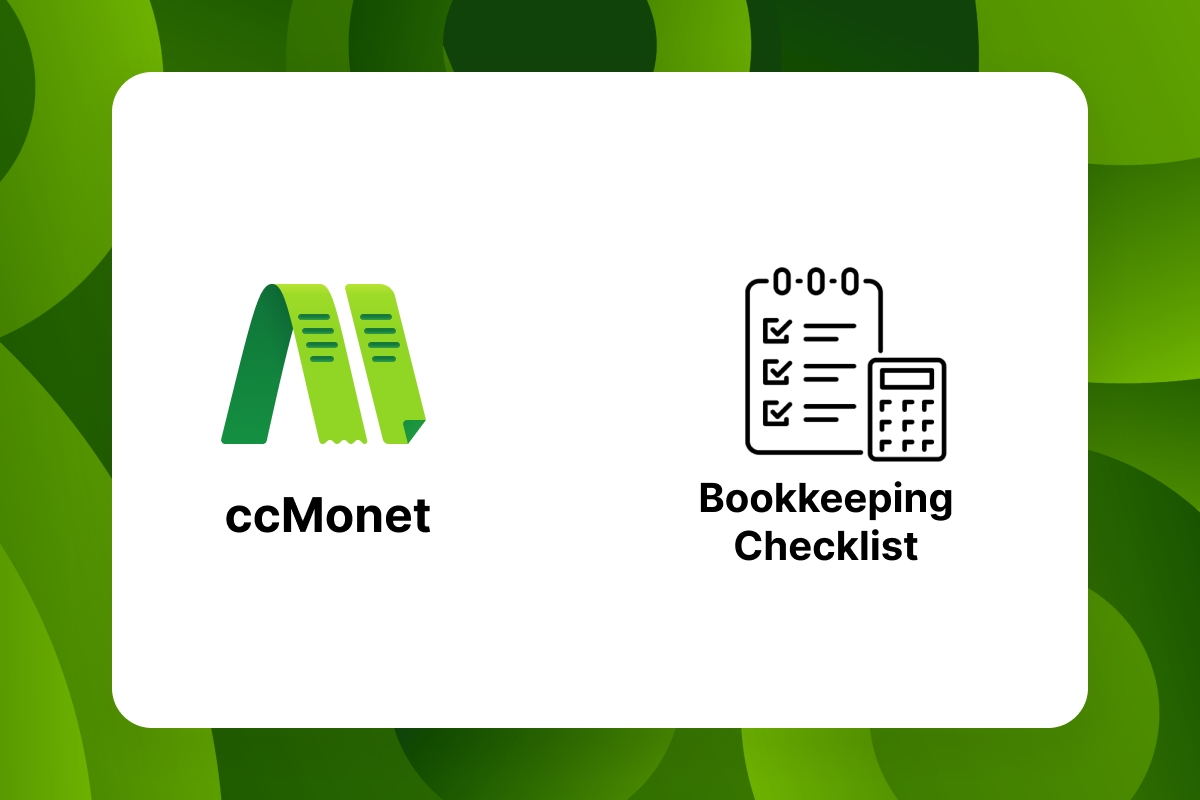
When opening a restaurant for the first time, many owners focus on renovations, menus, and hiring — but often overlook finances. In reality, bookkeeping is the baseline that determines whether a restaurant can operate sustainably in the long run.
The following checklist will help you get your accounts right from day one.
✅ Bank account setup (keep it separate, avoid mixing with personal accounts)
✅ Lease agreement and deposit receipts
✅ Renovation expenses and equipment purchase invoices
✅ License application fees (e.g., food safety, liquor license)
💡 Tip: These count as “startup costs.” Recording them clearly will help you calculate return on investment later.
✅ Supplier invoices (ingredients, beverages, consumables)
✅ POS transaction records (cash, credit card, e-payments)
✅ Staff reimbursement slips (transportation, purchases, miscellaneous expenses)
✅ Rent, utilities, and internet bills
👉 With ccMonet, staff can simply snap and upload receipts, and the system automatically records them — no need to worry about lost slips.
✅ Whether all supplier invoices have been recorded
✅ Whether POS income matches bookkeeping records
✅ Ratio of ingredient costs to weekly revenue
✅ Whether there are any pending reimbursements
This way, you can avoid discovering “big gaps” only at month-end.
✅ Employee salaries and social security contributions
✅ Rent and fixed expense payments
✅ Invoice consolidation in preparation for tax filing (e.g., GST)
✅ Review the monthly profit and loss statement (profit/loss status)
📊 In ccMonet, these reports are auto-generated, and owners can view them anytime on their phones.
✅ Annual tax filing (e.g., corporate tax returns)
✅ Annual financial statements (necessary for financing or loans)
✅ Depreciation records for long-term assets (kitchen equipment, renovations)
A bookkeeping checklist ≠ a complicated process. The key is:
For first-time restaurant owners, following this checklist ensures that your bookkeeping stays clear and compliant.
👉 Want to turn this checklist into an “automated workflow”?
Try ccMonet — from photo-based bookkeeping to auto-generated reports, it keeps your restaurant’s finances organized and stress-free.